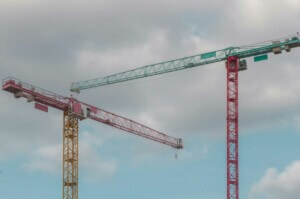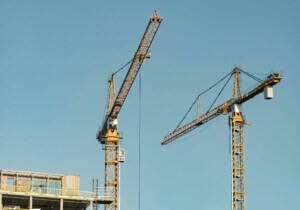For the fourth consecutive month the Architecture Billings Index (ABI), an economic indicator reported monthly by the AIA, has remained under 50, any score below 50 signifies a decline in billings from the previous month. The month of November reported a score of 45.3, a slight increase from October’s low 44.3.
“This marks the seventh month in 2023 with a decline in billings. Over the past three months this pace of decline has accelerated, with firms in all specializations and in all regions of the country reporting weakening business conditions,” said AIA Chief Economist Kermit Baker in a statement.
In the report Baker noted that while it has appeared conditions have softened firms have reported an increase in project inquiries. This is evidenced in the November score for project inquiries which came out to a strong 56.9. This is a notable increase from October’s 54.8.
“However, with signs that credit conditions are beginning to ease, firms are reporting an uptick in inquiries for future projects,” Baker added.
As in last month, firms in all regions of the country reported a drop in billings. As has been the trend recently West was again the region with the lowest score dropping from 40.0 in October to a meager 39.5 in November. Both the Northeast and Midwest reported slight up ticks in their ABI scores for November with 44.4 and 49.0, respectively. The south dipped from 48.5 in October to 46.7 in November.
In addition to regional scores, the ABI also breaks down billings by sector. For much of 2023 firms specializing in multifamily residential have reported a continuous drop in billings. For November the ABI score for multifamily clocked in at 42.1. At the start of 2023, and throughout much of the year, firms with a majority of billings on institutional projects reported strong increases. This has now softened with institutional coming in at 46.6 for November, down from 49.1 in October.
Stay tuned for next month’s report which is the final ABI of 2023, which proved to be a rather tumultuous year that may not end as badly as previously thought.











